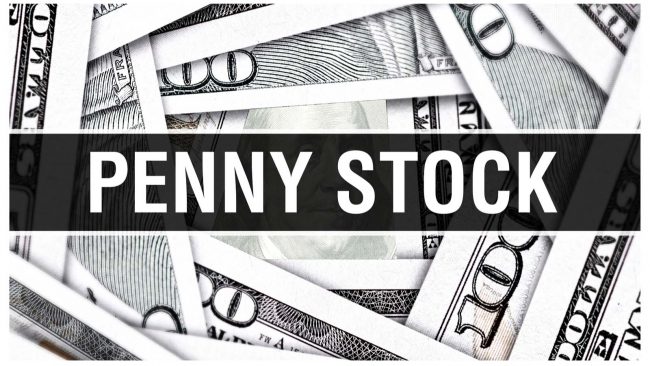Penny stocks are one of the many ways of investing your money with the intent of making a profit. Compared with stocks on the major have a supply of exchange boards, penny stocks are low priced, allowing you to buy larger volumes at a much cheaper price.
Since the boards that host the penny stocks do not require as much information as the SEC does with the huge boards, getting information on the companies selling penny stocks is much harder.
Although many of these companies on the otcbb and pink sheets are legitimate, the lack of information about these companies makes fraud very simple. Fraudsters target potential investors with news and tips about a penny have a supply of to convince them to buy, and most investors do not realize the hype about the penny have a supply of was a setup.
Spreading Flawed Information
Thru email. Have you ever received an unsolicited email touting the qualities and the fantastic investment potential of a microcap company and encouraging you to invest in it? The email may contain a link to a website supposedly giving you information on everything you’d like to know about this company. Spreading flawed information through email spamming allows fraudsters to target many more potential investors cheaply than mass mailing or cold calling.
Thru internet fraud. Fraudsters usually post messages on internet bulletin boards and chat rooms encouraging people to buy have a supply of in penny have a supply of companies, and citing inside information about developments in these companies. It is simple to mask their identities since these internet venues allow them to hide behind aliases.
Thru paid promoters. Some microcap companies pay have a supply of promoters to urge penny stocks. These paid promoters place out what look like unbiased, legitimate newsletters and research reports, and they could even be bold enough to go on radio and television to promote these penny stocks.
Under the federal securities law, newsletters must tell who paid them, how much they were paid and the type of payment made, but many fraudsters fail to do this. The potential investors usually don’t check, and are quite straightforwardly led to believe that the information they are getting is from an self-determining, unbiased source.

Thru boiler rooms. Some dishonest brokers set up cold calling teams also called boiler rooms with an army of high-pressure sales people who make cold calls to as many potential investors as possible. The sales people sell the broker firm’s house have a supply of, which are penny stocks that the firm buys and sells as a broker or has in its inventory.
Thru questionable push releases. It is simple to write a push release about anything under the sun. Fraudsters sometimes issue push releases that look legitimate and contain information about the penny have a supply of company’s sales, revenue projections, new products and services, and acquisitions. These push releases are then spread around through legitimate financial news portals. What investors don’t know is that much of the information is exaggerated, and probably downright flawed.
The Scams
Fraudsters use many scams to promote and push the sale of penny stocks. Here are the most common ones:
The classic pump and dump scheme. Paid promoters and/or company insiders spread flawed information about a micro cap company and its supposedly promising penny stocks throughout the internet. Very often, these promoters will claim that their tip is based on inside information about the company. As more people read the information and snap up the penny stocks, the value goes up. Then the fraudsters sell their shares and stop promoting the have a supply of. The value falls usually suddenly and investors lose their money.
Variation of the pump and dump scheme. A self receives a supposedly misdialed call from a weirder, with a hot tip about a penny have a supply of. The call sounds legitimate, as if the caller doesn’t realize she is calling the incorrect number. Really, she dialed the right number the caller is a promoter who is being paid to call numbers and leave messages on answering machines about this hot tip. If the receiver of the call falls for the scheme and buys the penny stocks, he could be a victim of the pump and dump scheme.
Offshore scam. There is a rule called Regulation which says that companies do not have to register the have a supply of that they sell to outside of the U.S. to foreign or offshore investors. An devious micro cap company can sell its penny stocks at a huge discount to parties posing as foreign investors. These investors then sell the have a supply of to U.S. investors at inflated prices, thus making a huge profit that they then share with the micro cap companies. The flood of the unregistered have a supply of into the U.S. eventually causes the price to drop, leaving U.S. investors with huge losses.
